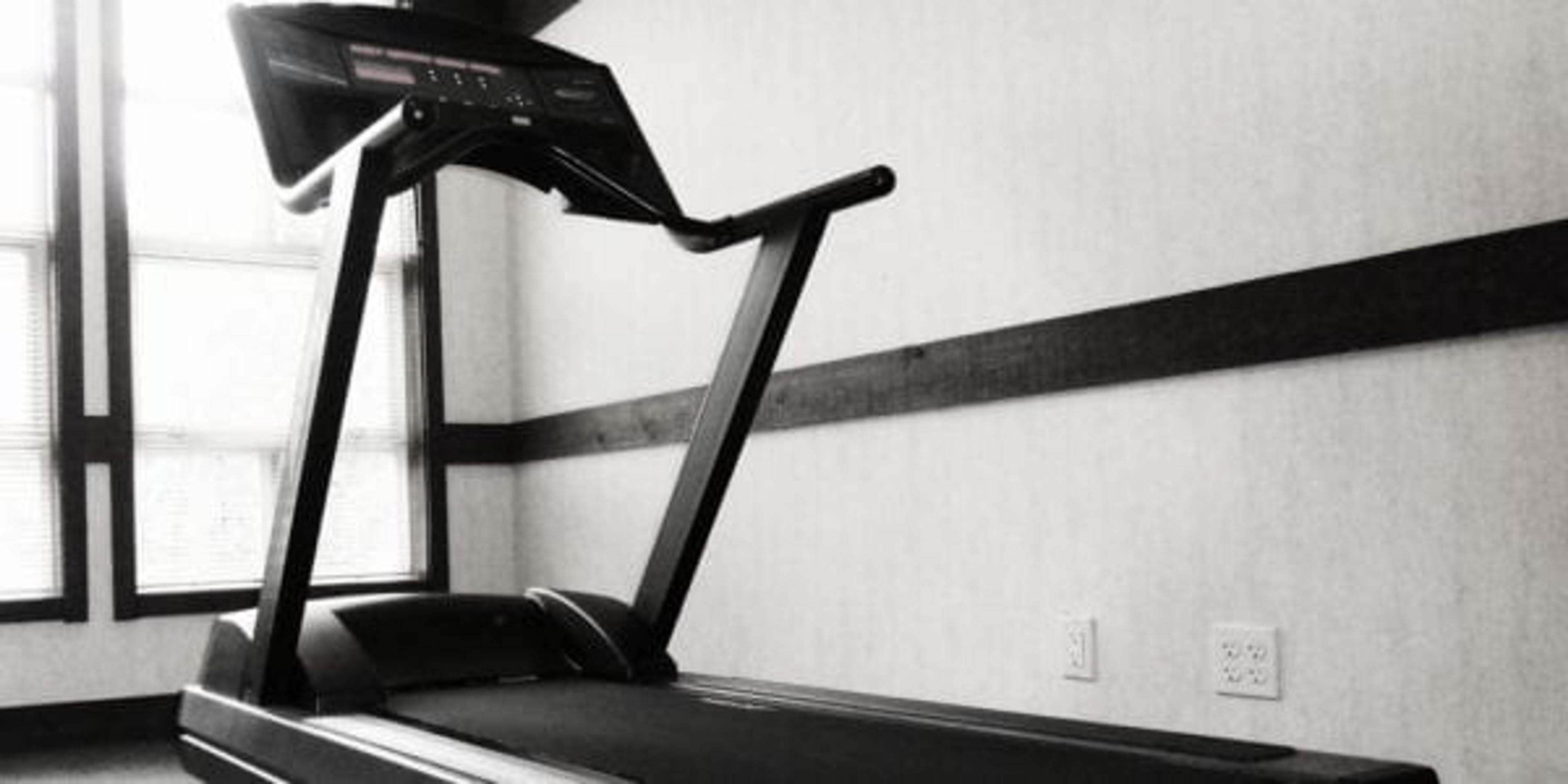Menopausal? Working Out May Help Combat Hot Flashes

Julie Bitely
| 2 min read

In film and television, hot flashes are sometimes used as a comedic way to portray the experience of women adapting to menopause.
If you’re an actual menopausal woman, hot flashes aren’t really that funny.
The feeling of intense heat can cause sweating, flushing of the face and neck and even an increased heartbeat. Aside from the physical symptoms, hot flashes are also linked to increased blood lipid levels and insulin resistance, which could be risk factors for cardiovascular diseases.
While you may not feel like sweating it out during a hot flash, regularly engaging in intense exercise could reduce the severity of the symptoms you experience.
Research published in The Journal of Physiology summarized the experience of 21 post-menopausal women who agreed to participate in a study. Fourteen started a gym-based exercise program for four months, while the rest did not. The exercisers worked out on a treadmill, bike, rowing machine and cross trainer with the goal of physical exertion that caused heavy breathing, sweating and increased blood flow, but still allowed them to carry on a conversation. They started with three 30-minute sessions a week and progressed to five 45-minute session, according to researchers.
Through a self-assessment questionnaire, women who worked out reported a reduction in hot flash symptoms, whereas sedentary women reported little difference between their pre- and post-assessment symptoms.
The bottom line: Proactive sweating through exercise could actually help you reduce the sweating and other symptoms that accompany hot flashes.
If you liked this post, you might also enjoy:
Photo credit: Jennifer C.





